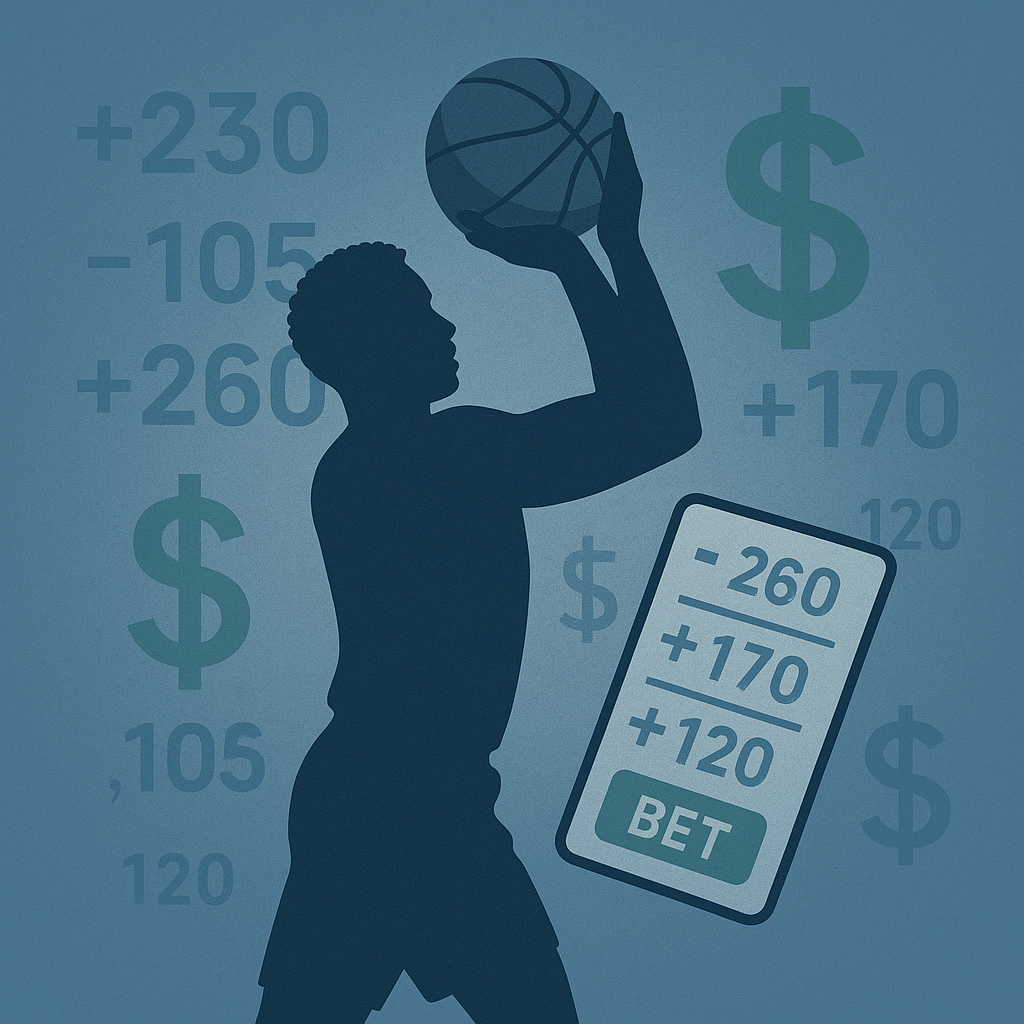Insights < BACK TO ALL INSIGHTS
Practice, Study Hall and Sports Betting? NCAA Set to Allow College Athletes to Bet on Professional Sports
Practice, Study Hall and Sports Betting? NCAA Set to Allow College Athletes to Bet on Professional Sports
By: Michelle Cohen
First came the name, image, and likeness deals, and now…sports betting. Following a trend of eliminating certain restrictions on collegiate student-athletes, the NCAA’s Division I Administrative Committee just approved a proposal that removes the ban on student-athletes and athletic department staff engaging in sports betting on professional sports. Division II and Division III officials must also adopt the proposal before it can become effective. Assuming DII and DIII agree, the rule change would be effective on November 1.
Current NCAA rules bar student-athletes from betting on sports, including collegiate and professional sports. In contrast, assuming they are located in a state that permits sports betting, non-student athletes meeting age requirements (21 in most states) can bet on professional sports, and most college sports (although several states restrict betting on in-state collegiate teams). The NCAA rule change would place student-athletes on almost equal footing with their peers, allowing bets on professional sports, but maintaining a bar on betting on collegiate sports (presumably for integrity purposes). An additional ban on student-athletes sharing information about college competitions (e.g,, “Our quarterback twisted his ankle last night”) with other bettors – such as other non-athlete students or the general public – would remain effective.
The Committee has stated that it “remains concerned about the risks associated with all forms of sports gambling” but ultimately decided to focus on education and support systems rather than trying to enforce abstinence. However, this does not mean that all student-athletes (and athletic department staff) will immediately be able to engage in sports betting. There are several limitations, including:
- The NCAA has stated that conferences and institutions “retain the right to regulate sports wagering activity within their own communities as they see appropriate.” Thus a conference or a college may enforce their own restrictions.
- The student-athlete would need to be located in a state that permits sports betting – for example, a student in Texas (which has not authorized sports betting) could not bet on professional sports; however, the athlete could place a bet if he or she is visiting a state that allows sports betting (e.g., when the student is home on break in Ohio).
- The student-athlete must meet all other eligibility requirements, including age, “Know Your Customer” (“KYC”) requirements, and not be on a state’s self-exclusion list.
The NCAA will continue to enforce its restriction on athletes betting on collegiate sports. To date, there have been several instances of student-athletes betting on their own games, or manipulating their performance in games. One NCAA enforcement investigation found violations by three basketball players basketball at Fresno State and San Jose State. Student-athletes found to have violated the NCAA’s restrictions generally lose their eligibility to play at any college or university.
There are mixed reactions to the NCAA’s move to “modernize” its rules and allow betting on professional sports. Some commentators remain concerned about a slippery slope leading athletes into debt. Interestingly, the National Council on Problem Gambling announced that it supports the NCAA’s effort to modernize its rules. The Council reasoned that strict prohibitions often drive gambling underground and discourage student-athletes from seeking help if they develop gambling problems. By focusing on enhanced education and support, the NCAA can allow student-athletes and staff who meet sports betting eligibility requirements to participate, while encouraging athletes and athletic staff to bet responsibly.





